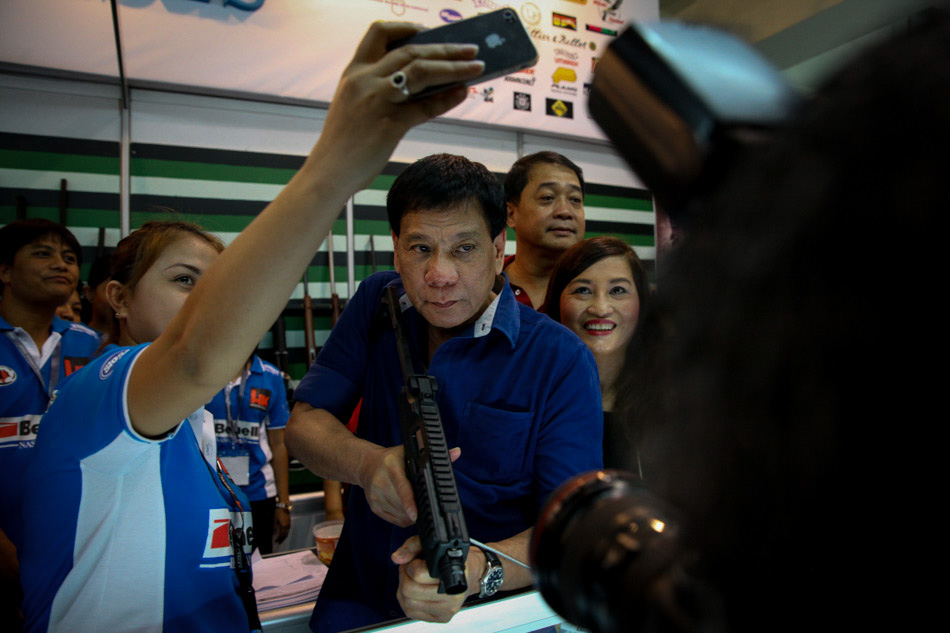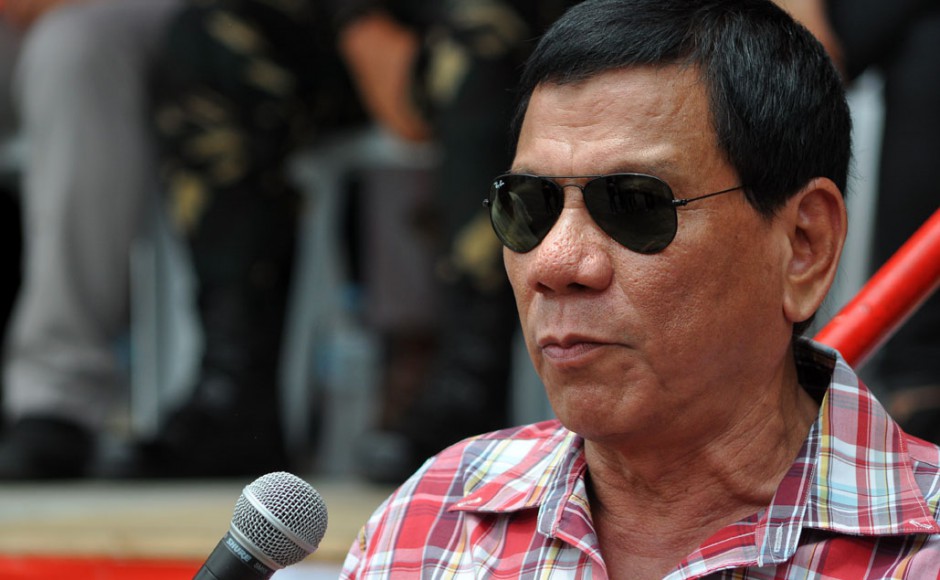
A New York Times article about President Duterte’s upbringing and background has been dismissed by the Malacañang as a “hack job”.
“One would expect more from The New York Times,” presidential spokesman Ernesto Abella said in a statement.
“Their article, ‘Becoming Duterte: The Making of a Philippine Strongman,’ sounds like a well-paid hack job for well-heeled clients with shady motives,” he said.
The feature detailed how despite a highly privileged upbringing, violence was central to his childhood, with regular beatings from his mother and from priests at his school.
It also reiterated the president’s claim of having been sexually abused by one of his Jesuit teachers.
The claims in the article were backed up with quotes from his brother Emmanuel Duterte, who said: “Violence in the house, violence in the school and violence in the neighbourhood.
“That is why he is always angry. Because if you have pain when you are young, you are angry all the time.”
It also revealed how a psychological assessment of Mr Duterte, prepared in 1998 for the annulment of his marriage, concluded that he had “narcissistic personality disorder” and a “pervasive tendency to demean, humiliate others and violate their rights”.

All this was dismissed by Mr Abella, who instead enumerated his chief’s many strengths: “The president does not engage in western liberal niceties to promote his agenda, to rebuild a nation with compromised internal structures,” he said.
“He is a roughhewn outsider who vowed to ‘reduce poverty; restore trust in the government by addressing crime, corruption and illegal drugs; and reinforce peace agreements with ethnic Moros who experienced historic injustice, and the CPP/NPA/NDF who have been fighting for social justice for decades.’”
Mr Abella also accused the publication of “cynically and unfairly” describing Mr Duterte’s rise to power, with the familiar allegations of extrajudicial killings.
He added that the article “fails to mention the many initiatives the President made when he was Davao City mayor,” despite many positive aspects of his mayoralty being outlined in the feature.
“Davao City, under the leadership of President Duterte as mayor, is hailed as one of the safest cities in the world where residents follow an anti-smoking and a midnight alcohol ban,” he said. No source for the claim of the city’s safety record was given.
“One gets the feeling the New York Times is not interested in presenting the whole truth, only that with which they can bully those who attempt an independent foreign policy,” he concluded.

Comments are closed.